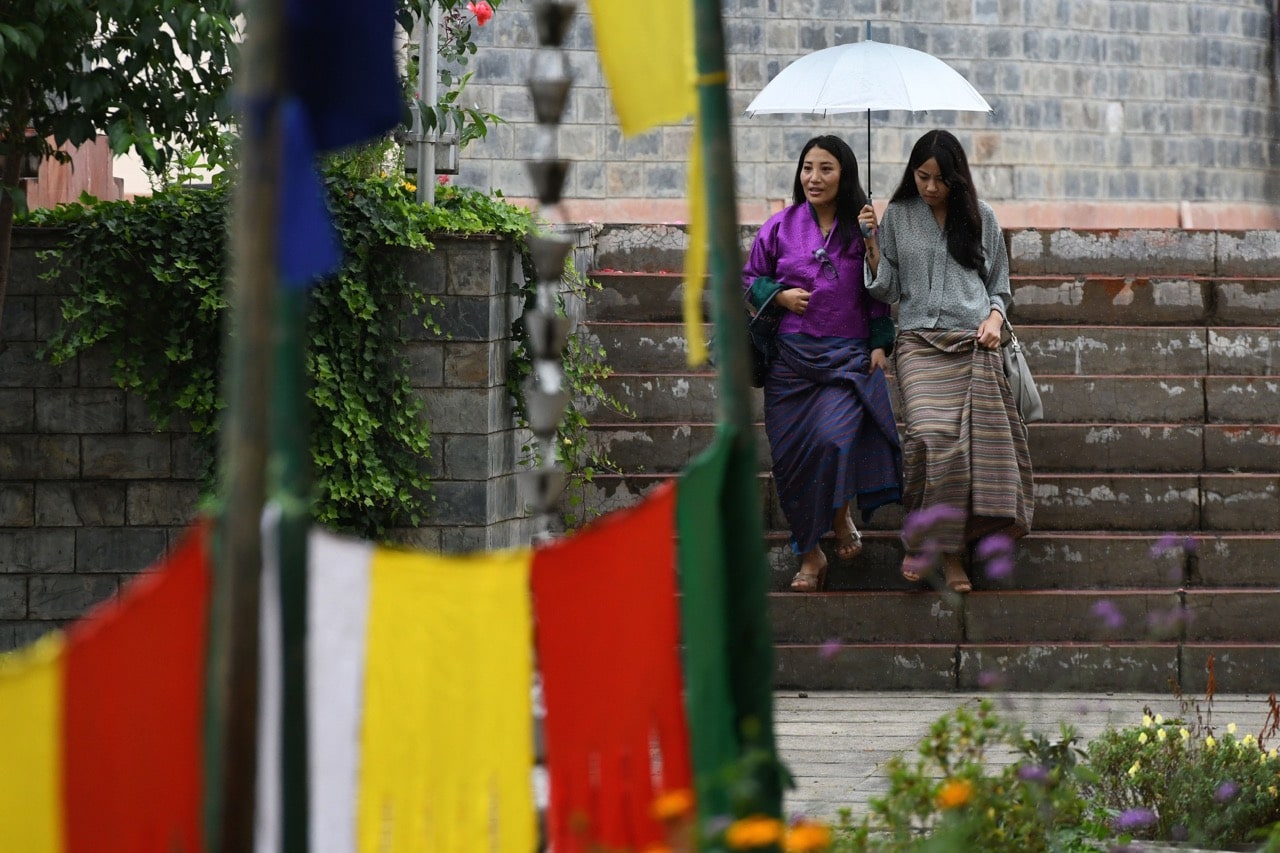(CEHURDES/IFEX) – The Center for Human Rights and Democratic Studies (CEHURDES) condemns the imprisonment of Shantiram Acharya, a young Bhutani journalist, by the Bhutanese authorities. According to the Association of Press Freedom Activists (APFA) Bhutan, an exiled Bhutanese media group based in Kathmandu, Acharya, a Bhutanese of Nepali origin who was living in the refugee […]
(CEHURDES/IFEX) – The Center for Human Rights and Democratic Studies (CEHURDES) condemns the imprisonment of Shantiram Acharya, a young Bhutani journalist, by the Bhutanese authorities.
According to the Association of Press Freedom Activists (APFA) Bhutan, an exiled Bhutanese media group based in Kathmandu, Acharya, a Bhutanese of Nepali origin who was living in the refugee camps in eastern Nepal, was arrested in 2007 when he visited Bhutan to meet his relatives. Acharya was kept in secret detention for almost two months and tortured by police to extract a confession, APFA said. Bhutanese police have claimed that he was arrested for taking photographs of an outpost of the Royal Bhutan Army. According to APFA, Acharya was convicted because he could not hire an attorney to defend him since Bhutan does not have any independent attorneys. Moreover, he had no money since he appeared in court without the knowledge of his family members.
BBC World Service recently quoted an unnamed Bhutanese official confirming that Acharya, 20, has been sentenced to seven and a half years in prison “for involving in terrorist activities” by the Royal Government of Bhutan.
Acharya used to work for the “Bhutan Reporter,” a monthly newspaper published by a group of Bhutanese refugees living in Nepal. He has been sentenced by Bhutan’s high court for alleged involvement in subversive activities against the Druk regime, including participating in military training in Nepal conducted by the Communist Party of Bhutan (Marxist Leninist Maoist), an armed underground organisation that is banned in Bhutan and believed to be operating from Nepal and India to end Bhutan’s hereditary monarchy.
The verdict was issued despite the fact that the Communist Party of Bhutan (Marxist Leninist Maoist) has made a public statement saying that Acharya has never been a member of the party, nor has he had any links with the organisation.
According to APFA, Acharya was on a personal visit to Bhutan but was expected to report on the prison-like situation within the country in which the majority of the people live. CEHURDES believes that Acharya has been targeted and arrested because of his profession and that the Bhutan government’s harsh judgment against him is part of the Druk regime’s ongoing efforts to suppress freedom of expression within the country. At a time when the Bhutanese authorities are known for lavishly hosting foreign media and reporters who are willing to buy their story of Shangri-la and Gross National Happiness, the imprisonment of Acharya makes it obvious, that the regime wants to discourage other Bhutanese journalists, now living in exile in Nepal and elsewhere, from venturing into their country of birth to gather firsthand knowledge of the situation on the ground.
The South Asia Human Rights Index 2008, published by the New Delhi-based Asian Center for Human Rights (ACHR), expressly says there is no political freedom in the Himalayan kingdom and Bhutan essentially remains a repressive regime. “Bhutan does not have an independent judiciary. . . Even bureaucrats were appointed as judges of the Apex Court,” the Center said. (For details, see http://www.achrweb.org/reports/SAARC-2008.pdf )
Against this backdrop, CEHURDES strongly condemns the imprisonment of Acharya without a free legal trial and without recourse to independent legal counsel. International rights groups say Bhutan does not have an independent judiciary and recent elections for the legislature were a farce, with the king enjoying absolute control over all branches of the state.
CEHURDES calls upon the Royal Government of Bhutan to open the case for review and let the 20-year-old hire an independent attorney. The organisation also demands that the jailed journalist’s whereabouts be made public.
Some 100,000 Bhutanese of Nepali origin have been languishing in UN-maintained refugee camps in eastern Nepal for nearly two decades since they were allegedly evicted from Bhutan by the Drukpa authorities. They have been launching a peaceful movement and have been lobbying with the international community to pressure Bhutan to take its bona fide citizens back home. CEHURDES also calls upon the Bhutan government to respect the fundamental rights of its citizens and allow freedom of movement and assembly to its citizens, as enshrined in the Universal Declaration of Human Rights (UDHR).

![A monk takes a photo with his mobile phone outside the Punakha Dzong [administrative centre] in Bhutan, 17 April 2016, REUTERS/Cathal McNaughton](https://ifex.org/wp-content/uploads/2019/04/bhutan_cellphone_reuters.jpg)
